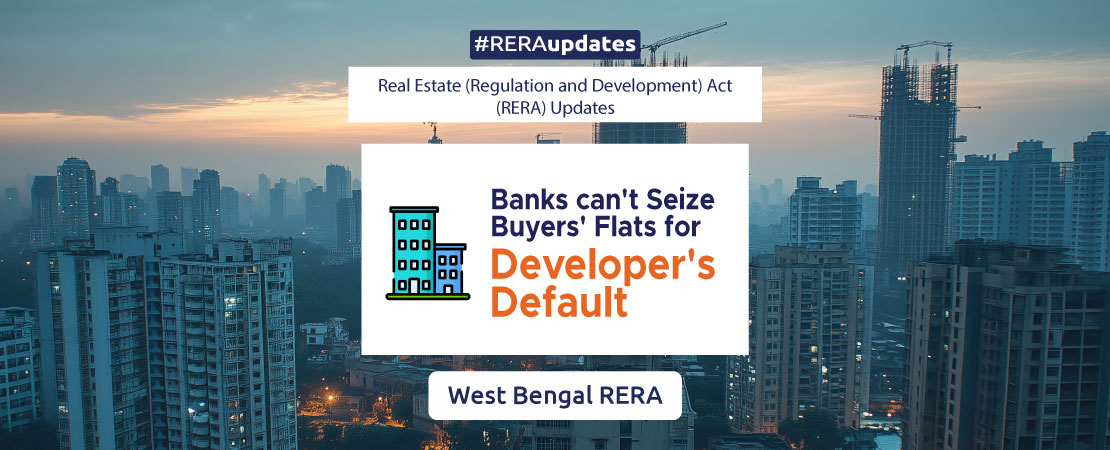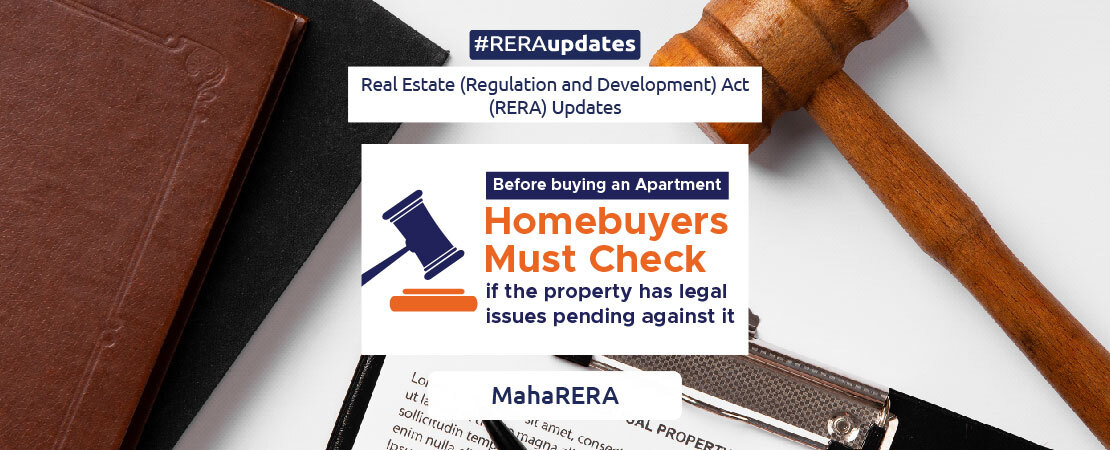RERA’s Impact on Real Estate Project Registrations
Since RERA’s implementation in 2017, the top 10 states have registered 1.19 lakh real estate projects comprising 97.14 lakh units, according to PropEquity.
State-wise Project Registrations
- Maharashtra leads with 40% of projects.
- Tamil Nadu follows with 17%.
- Gujarat accounts for 14%.
Top Cities for Project Registrations
Pune, Thane, and Hyderabad rank as the top three cities with the highest project registrations.
Trends in Project Registrations
While project registrations saw a surge between 2020 and 2022, they decreased by 21% between 2022 and 2024.
PropEquity CEO’s Perspective
PropEquity CEO Samir Jasuja highlights RERA’s positive impact on transparency and investment in the real estate sector. Post-RERA absorption rates have generally exceeded launches, demonstrating market maturity.
Average Units per Project
The report also indicates Uttar Pradesh has the highest average units per project at 184.
#RealEstate #RERA #PropEquity #RealEstateIndia #PropertyMarket #InvestmentTrends #HousingProjects #Maharashtra #TamilNadu #Gujarat #Pune #Thane #Hyderabad #MarketTrends #ProjectRegistrations #TransparencyInRealEstate









